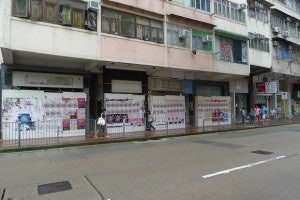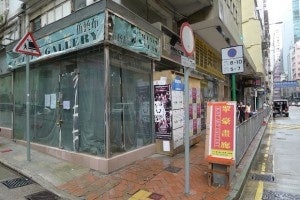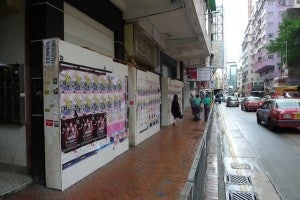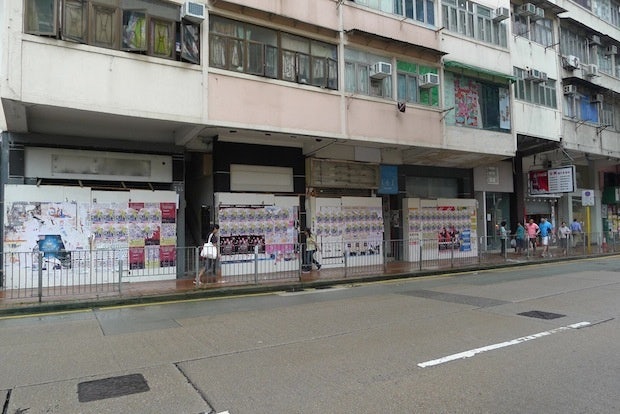
As an entrepreneur, I cannot possibly argue in favor of strict market regulation. Typically designed by politicians, bureaucrats and lobbyists with divergent interests in mind, regulation is prone to slow down the growth of new ventures or even deter entrepreneurial minds from launching anything. The fact that I was born in France and worked there for several years might well explain my views on the subject: laws and decrees have been piling up there since the Fifties, up to the point where only a good lawyer can understand the full regulatory picture.
Yet something is going on in Hong Kong that makes me wonder if the deliberate absence of regulation is just as harmful.
Hong Kong’s most important companies -- meaning those that provide jobs to the largest portion of the city's eight million inhabitants -- are not overseas luxury brands or bank branches, but small, family-run businesses. There are several local and foreign food or jewelry chain stores spread out across town, certainly, but they're nothing compared to the myriad of independent boutiques and restaurants in Mongkok, Tsim Sha Tsui or Causeway Bay.

Securing a stable place of operation and reasonable rent are two prerequisites for these small businesses to build a loyal customer base and prosper. Unfortunately, property developers operate with their own sets of interests and timeframes.
What happens when one, or a few, of them decides to woo a luxury jewelry brand or sports car dealer as a tenant instead to increase their bottom line quickly and easily? Rents are jacked up so high, often in an instant, that small shops simply have no choice but to pack their things and go, with little or no room for negotiation unless the property owner is a long-time friend.
Recent months have seen an acceleration of shop closures in central districts of Hong Kong. Countless family-run businesses -- some of them decades old, with a comfortable clientele -- and newly-opened boutiques alike are closing down for not being able to sustain ever-increasing rents. Larger retailers might have the financial solidity to absorb higher fixed costs. But again, this is not the case for the majority of Hong Kong businesses, those that -- more than a jewelry superstore, bank or luxury car dealership -- provide jobs and social ties for a neighborhood.

It seems that some property owners in Hong Kong even prefer to leave a retail space empty for months rather than renting it out for less than its supposed "market value." But does it make sense to double rent from one month to another? Some level of regulation (such as a capped percentage of increase by district, indexed on inflation) would certainly prove beneficial if Hong Kong does not want to become another Dubai. Part of Queen’s Road East, Wanchai (where we have our office) is now a succession of ugly real estate "for rent" signs.
2012 is the official "Year of Design" in Hong Kong. Supporting creativity and entrepreneurship starts with providing affordable space where people can think, plan, work hard and make a living. Otherwise, such initiatives are only wishful thinking.
Cedric Delzenne is the founder of
Shop des Créateurs#
, the first online sales & marketing agency for emerging fashion designers, carefully handpicked around the world. With a top-notch e-commerce platform and genuine expertise in social media and PR, the Shop helps up-and-coming labels turn the Internet into a brand-building and revenue-generating tool. Currently supporting over 35 brands from Asia, Europe and the US, the Shop organizes or sponsors creative events and design competitions in Hong Kong and beyond.
(Opinions expressed by columnists do not necessarily reflect the views of the Jing Daily editorial team.)
